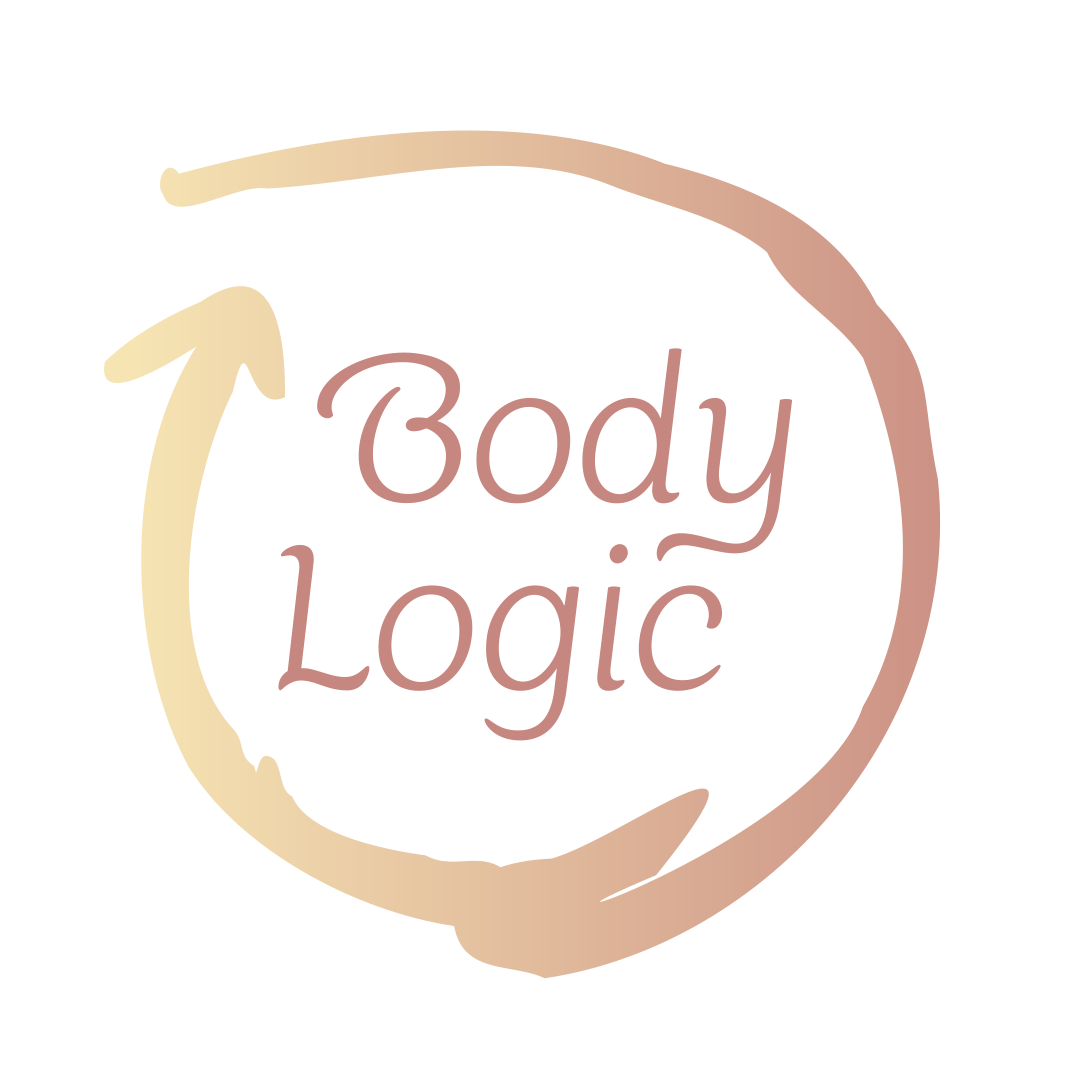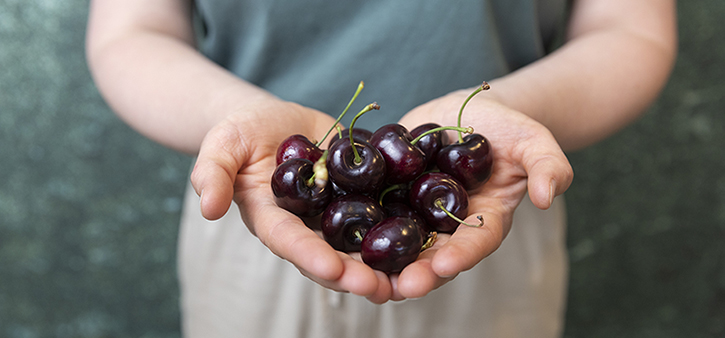Should women be careful with salt in pregnancy? Let's look at the physiology of pregnancy or how the woman's body changes during pregnancy. It adapts and starts functioning in a certain way so that it can make new life possible. All these changes are called the physiology of pregnancy. From the cardiovascular system adapting to adjustments in the burning of fats and sugars. If we understand that physiology well - and unfortunately we don't always - we can use that physiology as a basis for giving sound nutritional advice. This is useful when insufficient large-scale studies are available. As is the case with salt.

Lessons from history
In the 1960s and 1970s, US physician Thomas Brewer reasoned from physiology. He believed - against the opinion of his professors - that preeclampsia was caused by malnutrition. He put his pregnant patients on a diet of at least one quart of milk, two eggs a day, a portion of meat, fish or cheese and nutritious grains, vegetables and fruit. And controversially for the time: salt to taste. In the clinics where he applied his nutritional advice, the incidence of pre-eclampsia and high blood pressure was a lot less compared to other clinics1. But the gynaecologists of the time did not take him seriously. Only 60 years (!) later, we have to agree with him after all. Besides salt, his diet also increased calcium and vitamin D. Logically, his diet worked.
“Salt is an important nutrient in pregnancy“
Salt in pregnancy
At the time Thomas Brewer was advising his pregnant women to use salt to taste, the first diuretics came on the market. These pills make you excrete more salt ánd they lower blood pressure. According to the pharmaceutical company Ciba Laboratories (later part of Novartis), it was 'the most potent diuretic for oedema and hypertension'. Hmm, problems that pregnant women also suffered from.
Of course, the diuretics had only been studied on men, but that did not stop doctors from trying them on pregnant women as well. Women's health was not that high on the agenda in those days. But the pills didn't work. They inhibited blood flow to the placenta and thus foetal growth. Why did we ever think this would be a good idea?
The physiology of the pregnant body is different. It cannot be compared to a non-pregnant woman, let alone a man. It is time to take this unique physiology seriously.
Blood volume (water as well as salt) increases in pregnancy
One of the typical changes in pregnancy is that you gain more blood volume. On average, about 1 quart more. This allows enough oxygen and nutrition to get to the growing foetus. More blood volume means that a pregnant woman retains more fluid as well as salt. That is the intention. Logically, she also needs more of both.2. For years, pregnant women have been advised - wrongly - to limit salt3. For pregnant women, the advice was probably very tricky, as they actually appear to crave more salt in the first trimester! Those crazy eating habits (potato chips for breakfast, anyone?) have a function. Namely, salt helps to increase blood volume - the amount of blood in your vessels.
Lowering salt intake in pregnancy
What if you limit salt in pregnancy? Can your blood volume increase enough in that case? Yes, your body has a solution for that. Namely, it turns on the stress system RAAS[a] a little harder and voila the blood volume rises again. But with pre-eclamspia, things are different. Blood volume is too low and RAAS doesn't do so well either. Possibly RAAS acts as a lifeline is the hypothesis of Carine Gennari-Moser and her colleagues4. A lifeline that doesn't work in pre-eclampsia. But maybe that lifeline wouldn't even have been necessary if a pregnant woman had eaten enough salt!
[a] RAAS stands for renin, angiotensin and aldosterone. Hormones that cause increases in blood volume and blood pressure. Eating too little salt increases these hormones.
Measuring blood volume
Can you measure whether your blood volume has increased enough? Whether you have a higher risk of pre-eclampsia? It's not easy to measure. What is easy to measure, however, is blood pressure. Pregnant women's blood pressure goes down a bit in the middle of pregnancy and rises at the end. That dip in the middle is also called the mid-pregnancy dip. Such a dip fits a blood volume that has risen well. If you don't have a dip, you are more likely to have high blood pressure at the end of pregnancy5.
At night, blood pressure also normally drops a little. A nocturnal dip, in other words. Researchers Aleksandra Ilic and colleagues6 looked at the night-time dip of pregnant women with high blood pressure. Women who had no dip at night were found to be more likely to have a child with growth retardation. They also tended to have lower blood volume.
This also affects pregnant women with normal blood pressure. If their blood pressure does not dip, they are also more likely to have a child with growth retardation. We just don't find these women because 24-hour blood pressure monitoring is not part of the standard care7. And the reason it's not part of standard care is because we don't have a treatment for it. Or do we?
Salt as therapy for high blood pressure in pregnancy?
Since salt causes you to retain more fluid and helps increase your blood volume, could extra salt help these women? Perhaps an effective, and very cheap, therapy. Crazy idea? What actually happens when you give pregnant women more salt than normal? A group of researchers have ventured4. They gave healthy pregnant women almost 10 grams of salt a day for a week. The result? Their blood pressure dropped! Not surprisingly, the researchers concluded that salt has an opposite effect in pregnancy. Unfortunately, the study lasted only one week. It was considered unethical to give pregnant women more salt for a longer period of time.
We have known for some time that reducing salt makes no sense for pregnant women3. Yet some popular channels continue to advise pregnant women to be careful with salt. Especially if they are retaining fluid in their ankles. After all, doesn't salt cause you to retain fluid? Yes exactly. Exactly what is needed when you are pregnant!
Swollen ankles and salt in pregnancy
Swollen ankles are common in pregnancy. In most cases, it is harmless. But oedema does not mean that your body is retaining more fluid than necessary. In fact, women with pre-eclampsia also have oedema but still too low a blood volume. They hold too little fluid in one place (in the blood) and too much in another place (the ankles). In that case, oedema is not a problem of retaining too much fluid, but of retaining fluid in the wrong place! So is eating less salt the solution? Or as some popular websites say: 'Eat as little salt as possible'. Oh dear. As a pregnant woman, you need to retain more fluid, your blood volume should increase after all. Recommending salt restriction with the aim of reducing fluid retention everywhere is potentially even dangerous.
“Swollen ankles do not mean you are retaining too much fluid“
Extra salt for swollen ankles?
One of the few studies (maybe even the only one?) that examined the effect of salt on oedema is an old 1958 study by Margaret Robinson8. What a power woman that must have been. A study including 2,000 women. With women who had pre-eclampsia before. Half were advised to eat more salt early in pregnancy, the other half were advised to reduce salt. Oedema was almost twice as common in the group that ate less salt. You read that right. Less salt, more oedema!
Salt also reduced the incidence of pre-eclampsia and high blood pressure in this study. Of course it is an old study and an old situation. How exactly the study was done is also no longer traceable. The best advice at the moment seems to be: salt your food to taste*. Yes, even if the imprint of your socks remains in your swollen ankles.
*Naturally, there are exceptions. Salt restriction lowers blood pressure slightly in adults (men and women) with high blood pressure. Women already known to have high blood pressure before pregnancy are therefore advised to continue with a salt-restricted diet during pregnancy7.
Conclusion
Salt is an important nutrient for pregnant women and does not increase blood pressure. So there is also no need to be careful with salt in pregnancy. We can conclude this if we reason from the physiology of pregnancy. For healthy pregnant women, there is no reason to limit salt. Not even for harmless thick ankles. Exactly how much salt you need in pregnancy is not known. Do you eat healthy and mostly unprocessed? Don't worry about salt. Eat salt to taste!
References
1. Brewer, T. H. Metabolic toxemia of late pregnancy in a county prenatal nutrition education project: a preliminary report. J Reprod Med 13, 175-6 (1974).
2. Scaife, P. J. & Mohaupt, M. G. Salt, aldosterone and extrarenal Na+ - sensitive responses in pregnancy. Placenta 56, 53-58 (2017).
3. Duley, L., Henderson-Smart, D. J. & Meher, S. Altered dietary salt for preventing pre-eclampsia, and its complications. Cochrane Database of Systematic Reviews (2005) doi:10.1002/14651858.CD005548.
4. Gennari-Moser, C. et al. Normotensive Blood Pressure in Pregnancy The Role of Salt and Aldosterone Pregnancy. Hypertension 63, 362-368 (2014).
5. Ngene, N. C. & Moodley, J. Physiology of blood pressure relevant to managing hypertension in pregnancy. The Journal of Maternal-Fetal & Neonatal Medicine 32, 1368-1377 (2019).
6. Ilic, A. et al. Influence of non-dipping pattern of blood pressure in gestational hypertension on maternal cardiac function, haemodynamics and intrauterine growth restriction. Pregnancy Hypertens 10, 34-41 (2017).
7. NVOG. Hypertensive disorders in pregnancy (Dutch). (2021).
8. Robinson, M. SALT IN PREGNANCY. The Lancet 271, 178-181 (1958).


